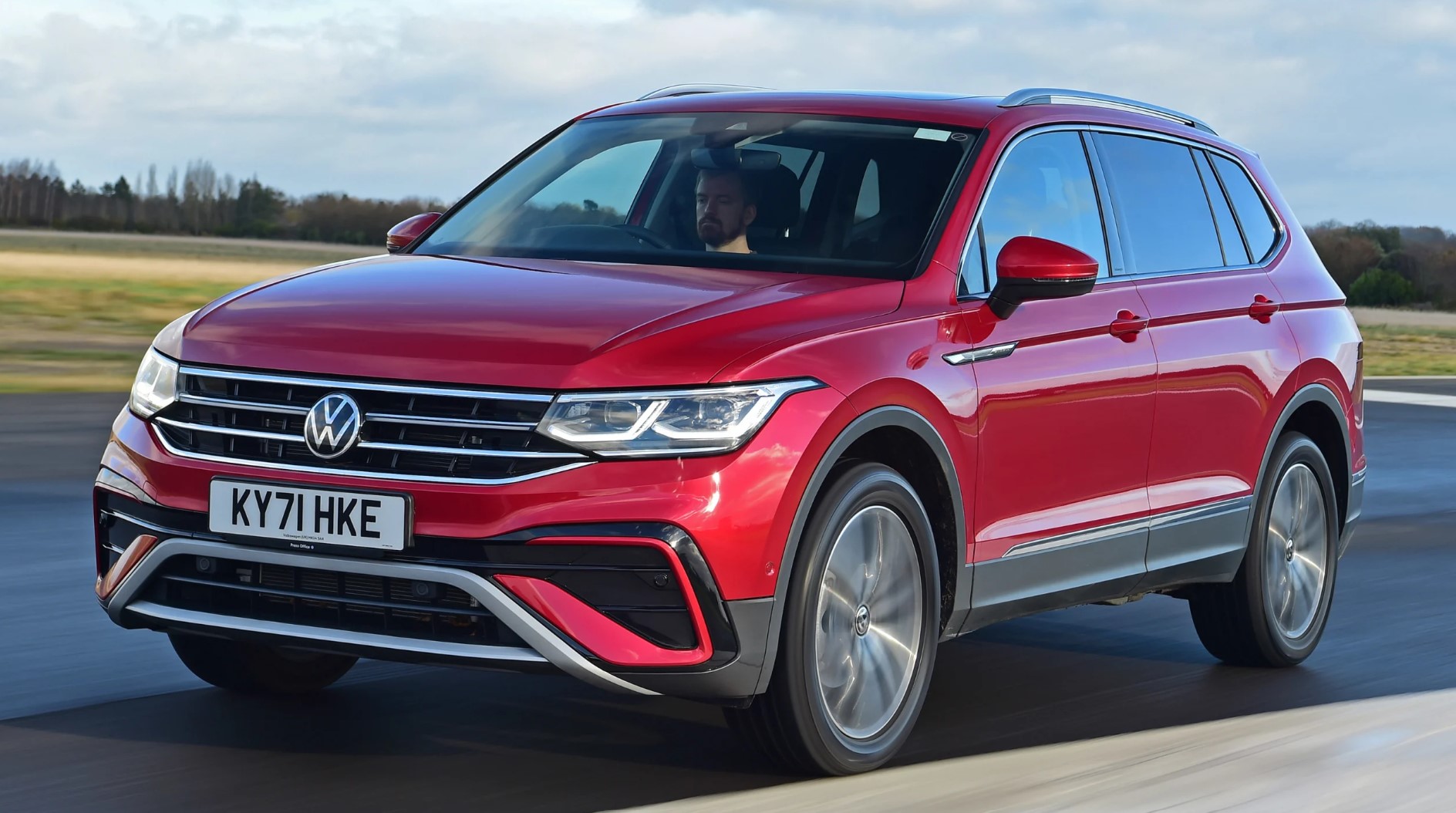VW diesel engines can run on paraffinic fuel to slash emissions by up to 95 per cent.
Volkswagen has demonstrated its commitment to diesel power by developing engines which can use adapted diesel fuels, claimed to reduce CO2 emissions by up to 95 per cent over conventional diesels.
Since June this year, VW’s four-cylinder TDI diesel powertrains can be used with paraffinic diesel, a newly developed fuel containing bio-components.
While Volkswagen has focused recent efforts on ramping up its electric vehicle offering, this move shows the firm’s receptivity to considering other solutions to reducing its carbon footprint, in its bid to decrease carbon emissions by 40 per cent by 2030 and to be carbon-neutral by 2050.
It is a different approach to many of its competitors which have made bold statements about going fully electric in the next ten years. By comparison, Volkswagen has said it plans to increase the share of all-electric cars sold in Europe to over 70 per cent by 2030.
A VW spokesman said: “Alongside [the] accelerated ramp-up efforts in the area of electric mobility, Volkswagen is further developing the existing range with combustion engines.
“In this way, the company is responding to different customer needs while at the same time taking into account the internationally varying drive system preferences and the respective general conditions.”
The company added that paraffinic diesel fuel could be particularly attractive to fleet customers, which run a mix of electric and conventionally powered vehicles. It anticipates that the fuel’s market share in the road transport sector could increase to 20-30 per cent in Europe within ten years.
Paraffinic fuels are produced from biological residual and waste materials such as hydro-treated vegetable oil (HVO). These are then converted into hydrocarbons by a reaction with hydrogen and can be added to diesel fuels in any quantity.
Volkswagen added that other e-fuels such as Power-to-Liquid (PtL) will be offered in future, which are produced from regenerative sources using CO2 and electricity. In this process, excess green energy could be used in the production process.
Volkswagen’s petrol and diesel fuel boss Thomas Garbe commented: “Through the use of environmentally friendly fuels in the approved Volkswagen models, we are making it possible for customers throughout Europe to significantly reduce their CO2 emissions as soon as the fuel is locally available.”
Jack Warrick




